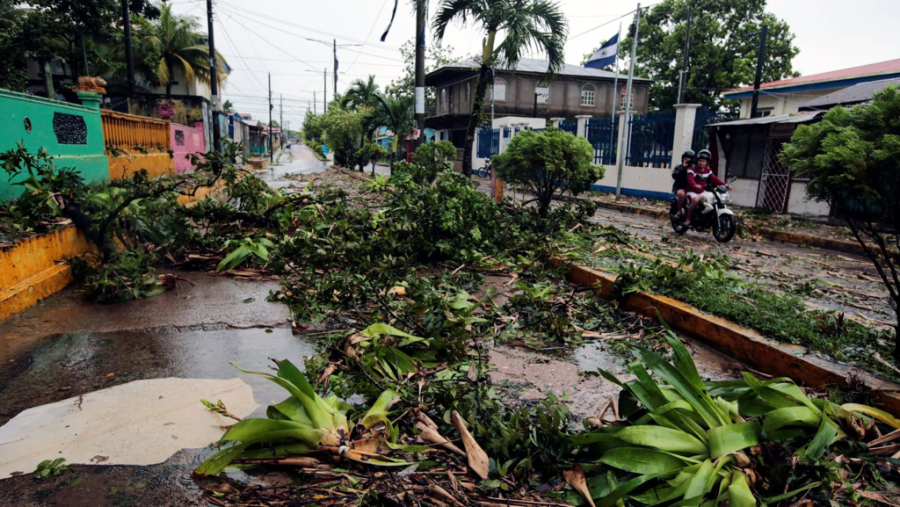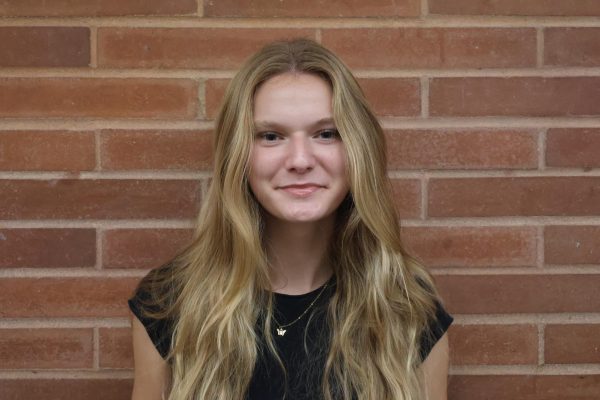The Impacts of Hurricanes on Poverty
November 13, 2022
Earlier this year, Hurricane Julia caused significant damage to Central America, killing 91 people and costing over $401 million in repairs. Natural disasters have been tied to poverty and deprivation for centuries, but Hurricane Julia delayed economic progress considerably in countries such as; Venezuela, Nicaragua and Colombia.
Every year, more than 26 million people fall into poverty due to natural disasters, most of whom live in underdeveloped countries. Damage caused by natural disasters tends to affect people in countries that average lower incomes. Due to this, these countries have little to no access to technology, leading to a lack of information people need to prepare themselves for natural disasters. Additionally, many developing countries such as the ones in Central America have unstable housing. 60-70% of the infrastructure in the Caribbean does not follow safety standards or regulations. Once a natural disaster hits, rebuilding costs are too much for these countries to afford. Many of these countries are already marginalized, meaning natural disasters push them further into poverty.
Savannah McCrae, 14, lives in Virginia Beach, Virginia, and recognizes the suffering some countries face because of natural disasters. McCrae has also personally experienced the terrors of hurricanes and tropical storms.
“Hurricanes are catastrophic for communities, especially those in situations different from ours,” said McCrae“The flooding from Hurricane Ian was insane. People lost their homes and possessions.Someone’s house was 18 feet underwater.”
Regardless of the devastating consequences natural disasters bring, they also unite communities. They have an overwhelming and substantial impact on societies and cultures where people are forced to face the loss of their homes and livelihoods. Despite the tragedies they have witnessed, many communities unite together, and support each other. Typically, in regions where community connections are strong, people living there are more capable of recovering after an impactful disaster.
“The amount of loss is horrific, but tragedies like Hurricane Julia can help connect and inspire communities,” said Reid Hughes, a freshman at Ida B. Wells High School.
Ann Lesperance, director of the College of Social Sciences and Humanities at Northeastern Seattle University said, “Researchers have found that bringing people together, creating that sense of community and identity—no matter what it is—will enhance response and recovery. It’s neighbor helping neighbor, families helping families that will help get us through any type of a disaster.”
We still have a lot to learn about natural disasters, but we know that when these catastrophes hit, the best thing we can do is to advocate for places in need of help and support countries to further assist in their rehabilitation.




Charles McCulloch • Nov 15, 2022 at 9:09 am
Eloise,
I look forward to future articles from you! Well researched, informative and organized . ..and personal observations made the topic memorable.
G Mac
Suzanne McCulloch • Nov 14, 2022 at 9:56 pm
Very interesting writing Eloise. Well done!
John Blaine • Nov 14, 2022 at 6:58 pm
Good article, Eloise. I’m glad your little neighborhood has a sense of togetherness that didn’t take a catastrophe to create. I always enjoy hearing about your cul de sac culture, from Charlie’s newspaper to Halloween street parties.
Bernie • Nov 14, 2022 at 5:59 pm
Very impressive, Eloise! Congratulations! I’m also impressed that 14-year-old McCrae uses “different from” and not “different than.”
Love, B